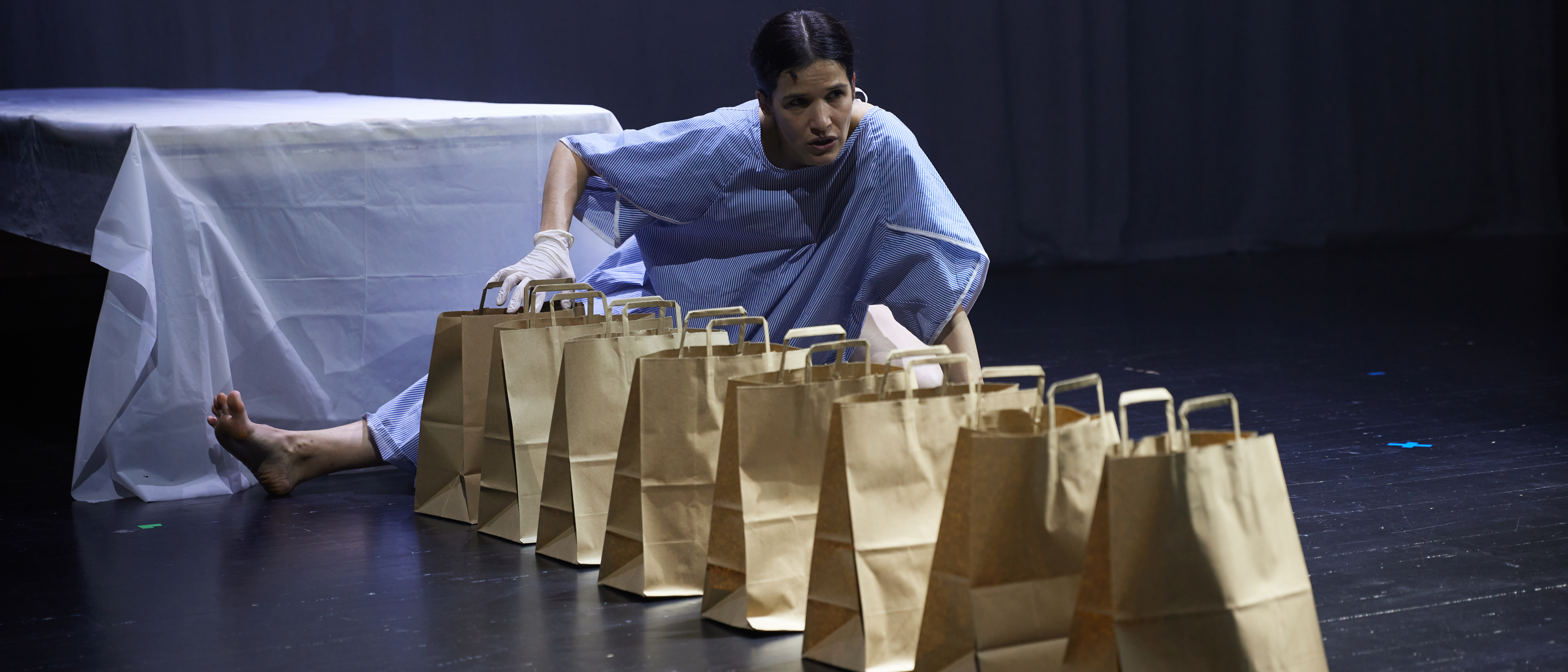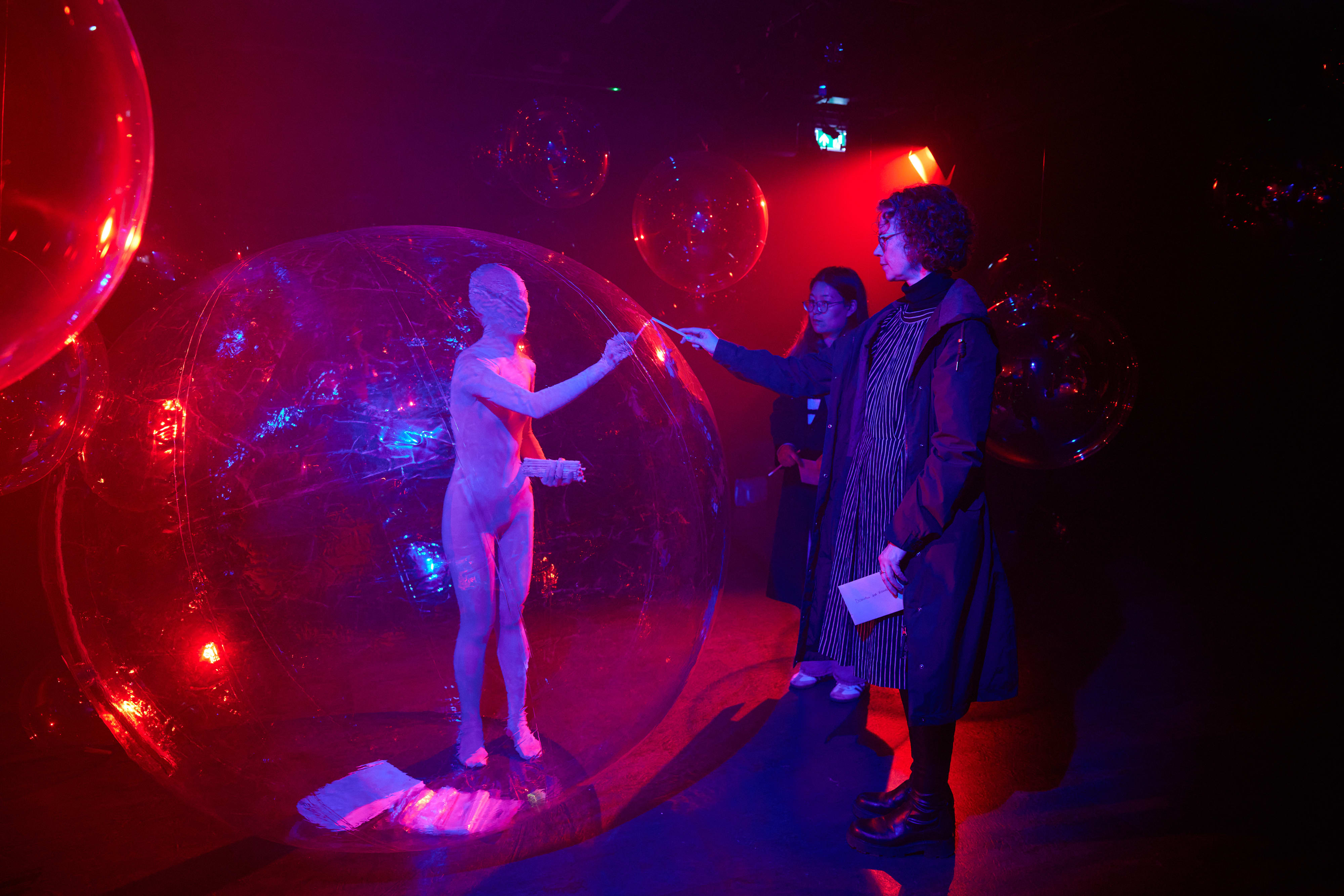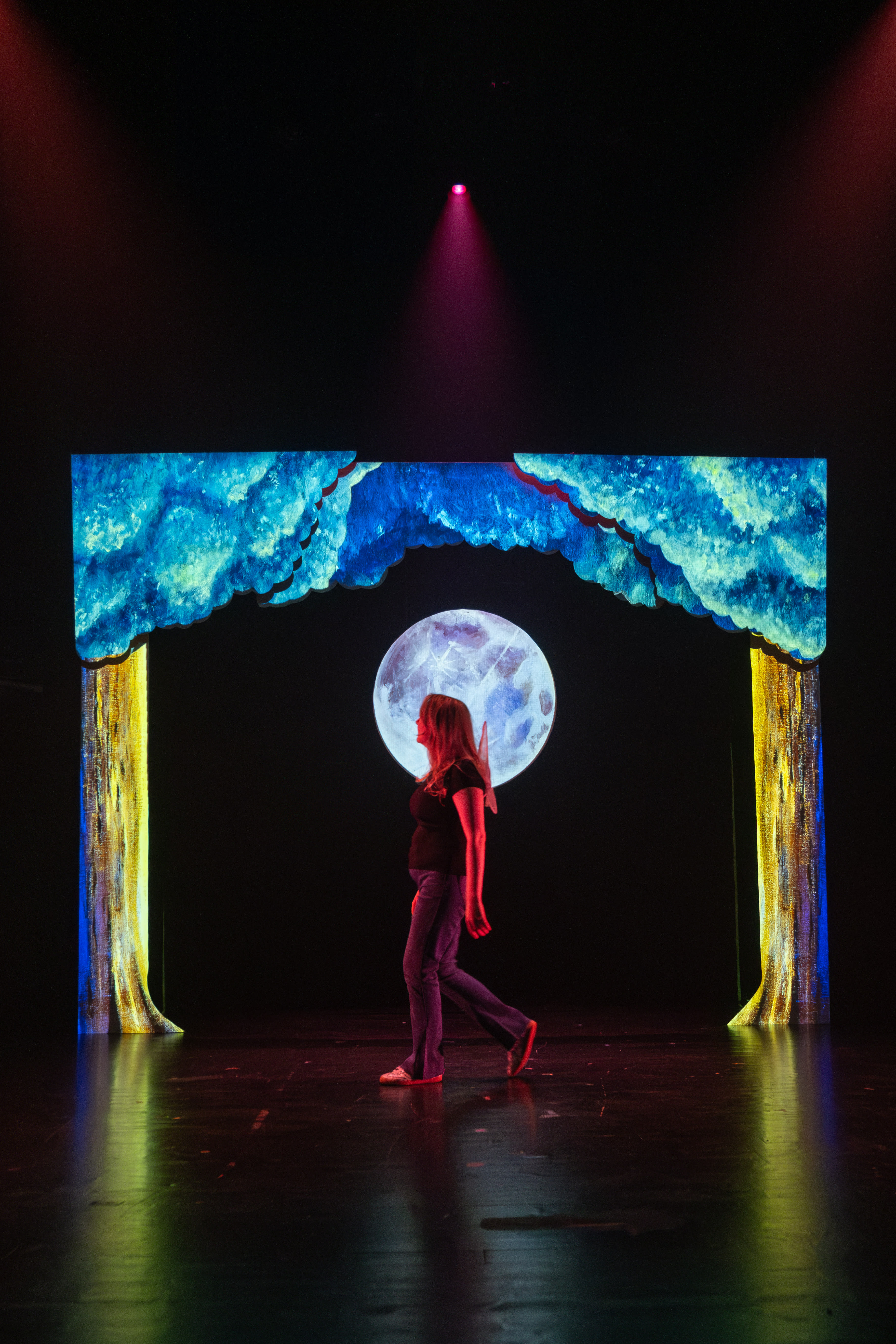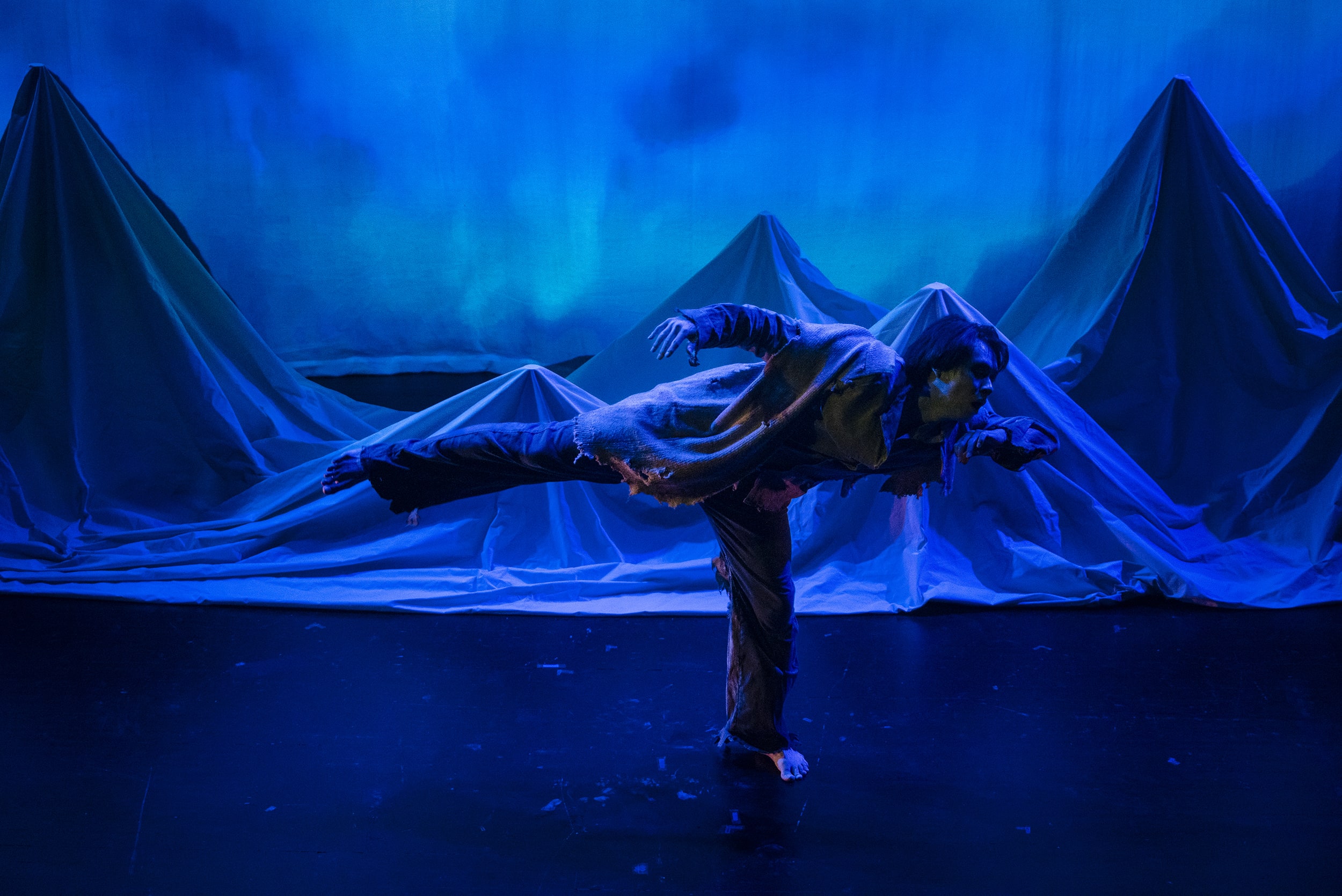Communicating with you
Once you have submitted your initial application, we will email you with your login details for our Applicant portal.
Requests for supplementary documents like qualifications and English language tests will be made through the applicant portal. You can also use it to ask questions regarding your application. Visit our
After you apply page for more information.
Applying to more than 1 course
From October 2024, you can only apply for a maximum of 3 postgraduate courses each year at UAL. This excludes online or low-residency courses and Graduate Diplomas, which you can apply to in addition to 3 other postgraduate courses.
If you apply for more than 3 postgraduate courses between October 2024 and August 2025, we won’t accept the 4th application. It’s not possible to withdraw an application to replace it with another.
You need to tailor your application, supporting documents and portfolio to each course, so applying for many different courses could risk the overall quality of your application. If you receive offers for multiple courses, you'll only be able to accept 1 offer.
Visas and immigration history check
All non-UK nationals must complete an immigration history check. Your application may be considered by our course teams before this check takes place. If your course requires a portfolio and/or video task, we may request these before we identify any issues arising from your immigration history check. Sometimes your history may mean that we are not able to continue considering your application. Visit our Immigration and visas advice page for more information.
External student transfer policy
UAL accepts transfers from other institutions on a case-by-case basis. Read our Student transfer policy for more information.
Alternative offers
If your application is really strong, but we believe your strengths and skillset are better suited to a different course, we may make you an alternative offer. This means you will be offered a place on a different course or at a different UAL College.
Deferring your place
We do not accept any deferral requests for our postgraduate courses. This means that you must apply in the year that you plan to start your course and you will not be able to defer your place to start at a later date.
Application deadlines
Most of our postgraduate courses have 2 rounds of deadlines: one in December and one in March.
As long as you apply ahead of each deadline we will consider your application alongside all the other applications in that round. We always make sure to hold enough places back for round 2 to make sure we can consider your application fairly, no matter which round you apply in.
If there are still places available after the second deadline, the course will remain open to applications until all places have been filled.





